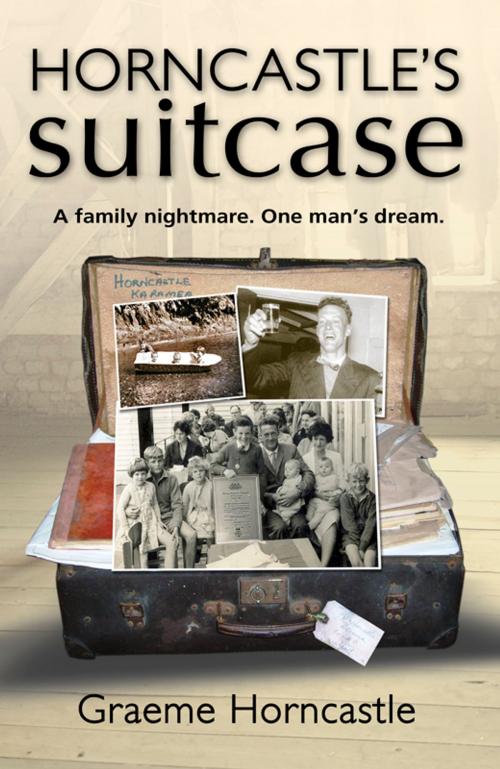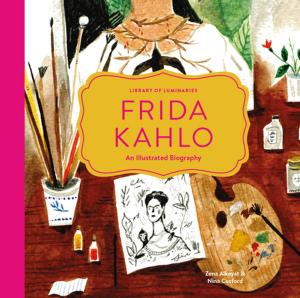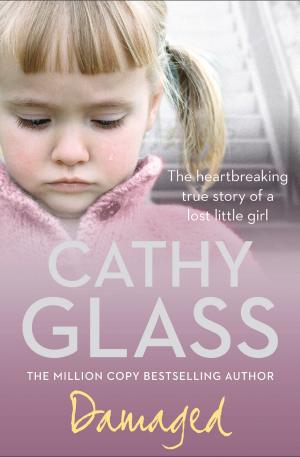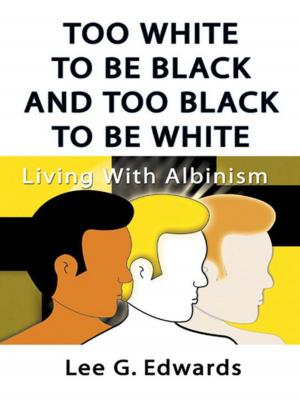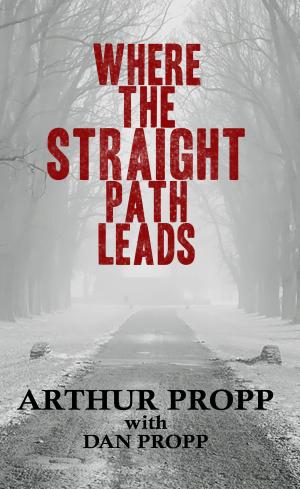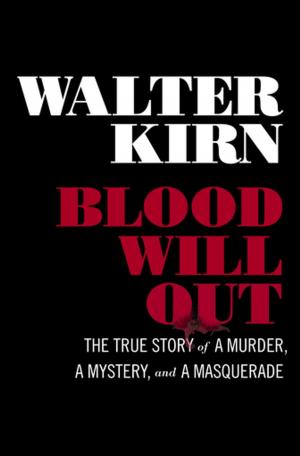Horncastle's Suitcase
Nonfiction, Health & Well Being, Self Help, Addiction, Substance Abuse, Biography & Memoir| Author: | Graeme Horncastle | ISBN: | 9781476279978 |
| Publisher: | Graeme Horncastle | Publication: | April 24, 2012 |
| Imprint: | Smashwords Edition | Language: | English |
| Author: | Graeme Horncastle |
| ISBN: | 9781476279978 |
| Publisher: | Graeme Horncastle |
| Publication: | April 24, 2012 |
| Imprint: | Smashwords Edition |
| Language: | English |
I couldn't spell and had hardly written a letter in my life. I’d always had someone else to do mail for me. But I was determined to learn, and with one finger I started. I decided to write about some of the things I remembered from childhood, and that's how I got properly started. Before long I had learned my way around the keyboard and had become a two-finger typist. Then, as with anything else I do, I started working on it day and night. At 55 years of age I figured it was high time I learned how to use a computer as they were everywhere and I had fallen behind.
Who was I? Where did I come from, why was I here, where was I going? These questions wore away at me. This is the sort of mind-searching people in my condition often go through. My mind was repairing itself after a succession of tragedies in my life, especially the untimely death of my beloved daughter Shelley. I needed to keep my mind occupied without putting too much pressure on myself. So I started by writing about the early part of my life. I thought it might help my confused state of mind. There was plenty I wanted to say but it wasn’t easy to get it down. Even the spellchecker wasn’t much help as it couldn't recognise many of the New Zealand words and expressions I was writing.
At first, when sleeping, my nightmares came back, and then the mixed dreams of events over the last fifty years, slipping backwards and forwards in time and not making a lot of sense. But with time the dreams became more pleasant, my mind started to settle, and a clear picture started to emerge. It showed what I was thinking about the people in my life and the events that had shaped me into who I am today.
Gradually, putting all this together increased my understanding and helped me to see people in a different light. I learned to judge them differently. Mainly, I learned to judge them less harshly. And perhaps also to be a bit less hard on myself sometimes.
This was writing as therapy, and it worked very well for me. I can now advise anybody that if you do this you may be surprised by the insights you will gain. Writing is a good way to make you think things through.
I judged my father very harshly when I started writing, because I was in the early stages of recovery from alcoholism. This doesn’t mean I didn’t love him, it just shows how the alcoholism took over and clouded his judgement and feelings. As the book and my recovery progressed I developed a lot more insight into his condition and how it made him the way he was. As a result now I feel far more compassion and sympathy for him. I still take the piss out of him a lot in this book but I have really learned how the way he turned out was all down to his family history. Life for him was always either being at a big party or being sunk in a state of despair. There was very little in between. There was no medication available for his condition – except self-medication with the booze.
The way he lived his life helps explains a lot about how I’ve lived mine. The biggest difference is that I was born in better times. Not just better off money wise but better times socially. No longer is there the same stigma attached to mental illness, and abusive behaviour isn’t just covered up or excused any more. Today, alcoholics have more chance of getting good treatment and understanding. I can even go into a bar and order a raspberry and Coke without being called a wowser. That’s one sign that the world is getting better. This book is another.
I couldn't spell and had hardly written a letter in my life. I’d always had someone else to do mail for me. But I was determined to learn, and with one finger I started. I decided to write about some of the things I remembered from childhood, and that's how I got properly started. Before long I had learned my way around the keyboard and had become a two-finger typist. Then, as with anything else I do, I started working on it day and night. At 55 years of age I figured it was high time I learned how to use a computer as they were everywhere and I had fallen behind.
Who was I? Where did I come from, why was I here, where was I going? These questions wore away at me. This is the sort of mind-searching people in my condition often go through. My mind was repairing itself after a succession of tragedies in my life, especially the untimely death of my beloved daughter Shelley. I needed to keep my mind occupied without putting too much pressure on myself. So I started by writing about the early part of my life. I thought it might help my confused state of mind. There was plenty I wanted to say but it wasn’t easy to get it down. Even the spellchecker wasn’t much help as it couldn't recognise many of the New Zealand words and expressions I was writing.
At first, when sleeping, my nightmares came back, and then the mixed dreams of events over the last fifty years, slipping backwards and forwards in time and not making a lot of sense. But with time the dreams became more pleasant, my mind started to settle, and a clear picture started to emerge. It showed what I was thinking about the people in my life and the events that had shaped me into who I am today.
Gradually, putting all this together increased my understanding and helped me to see people in a different light. I learned to judge them differently. Mainly, I learned to judge them less harshly. And perhaps also to be a bit less hard on myself sometimes.
This was writing as therapy, and it worked very well for me. I can now advise anybody that if you do this you may be surprised by the insights you will gain. Writing is a good way to make you think things through.
I judged my father very harshly when I started writing, because I was in the early stages of recovery from alcoholism. This doesn’t mean I didn’t love him, it just shows how the alcoholism took over and clouded his judgement and feelings. As the book and my recovery progressed I developed a lot more insight into his condition and how it made him the way he was. As a result now I feel far more compassion and sympathy for him. I still take the piss out of him a lot in this book but I have really learned how the way he turned out was all down to his family history. Life for him was always either being at a big party or being sunk in a state of despair. There was very little in between. There was no medication available for his condition – except self-medication with the booze.
The way he lived his life helps explains a lot about how I’ve lived mine. The biggest difference is that I was born in better times. Not just better off money wise but better times socially. No longer is there the same stigma attached to mental illness, and abusive behaviour isn’t just covered up or excused any more. Today, alcoholics have more chance of getting good treatment and understanding. I can even go into a bar and order a raspberry and Coke without being called a wowser. That’s one sign that the world is getting better. This book is another.
